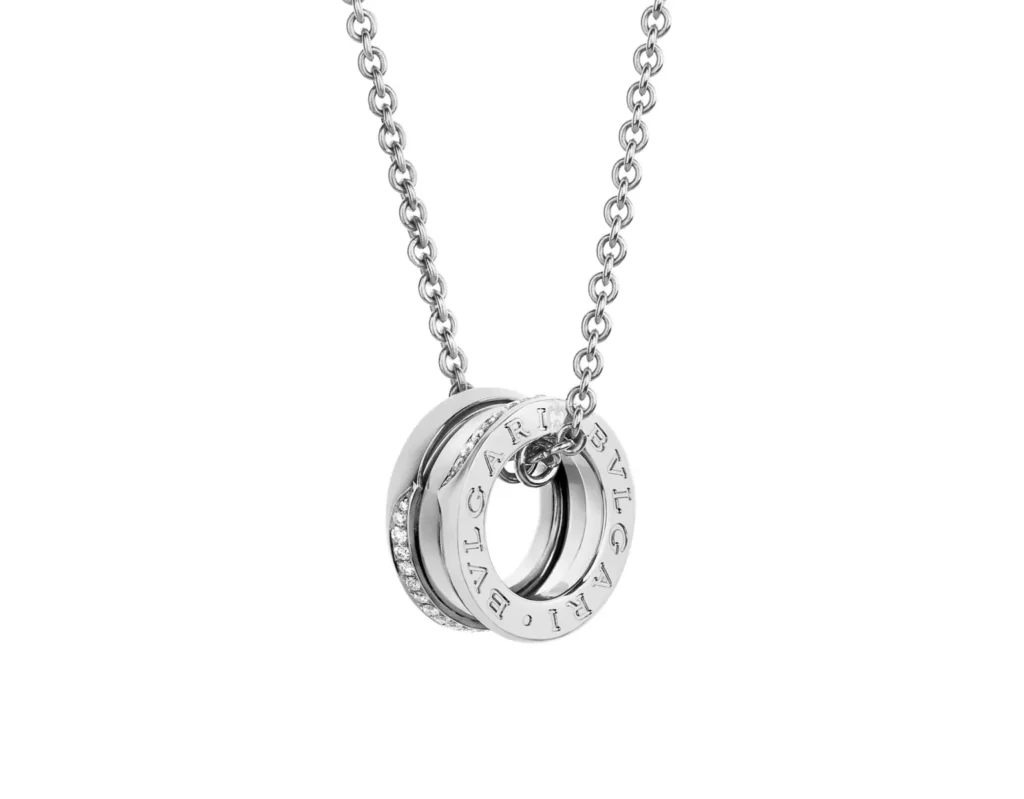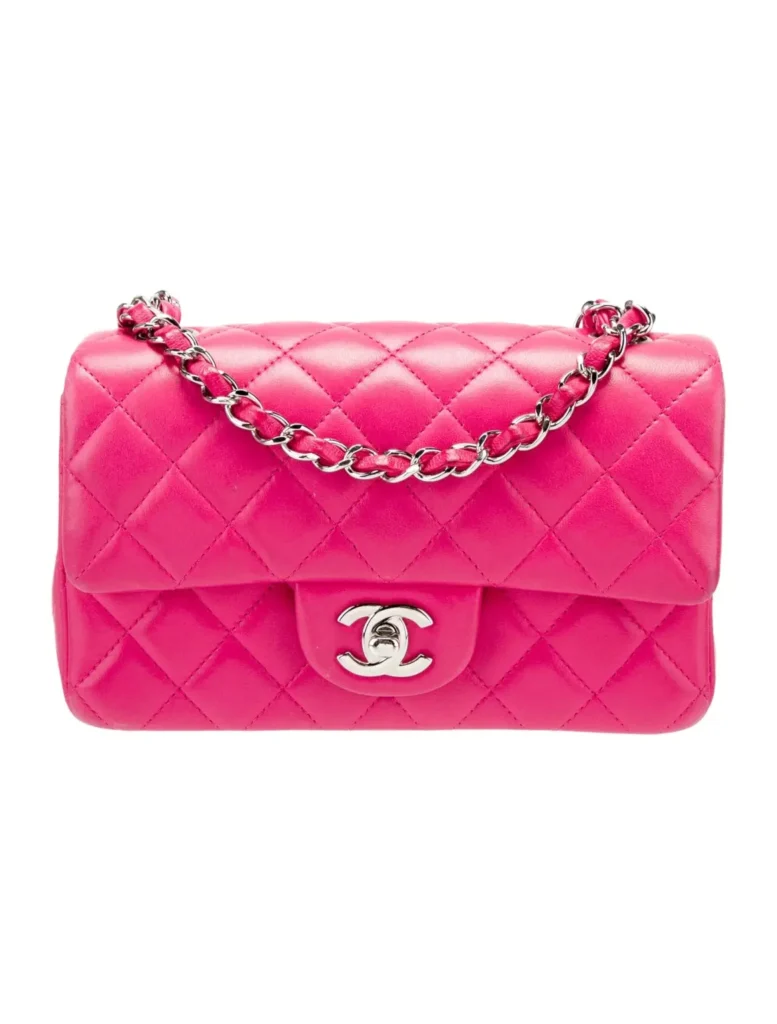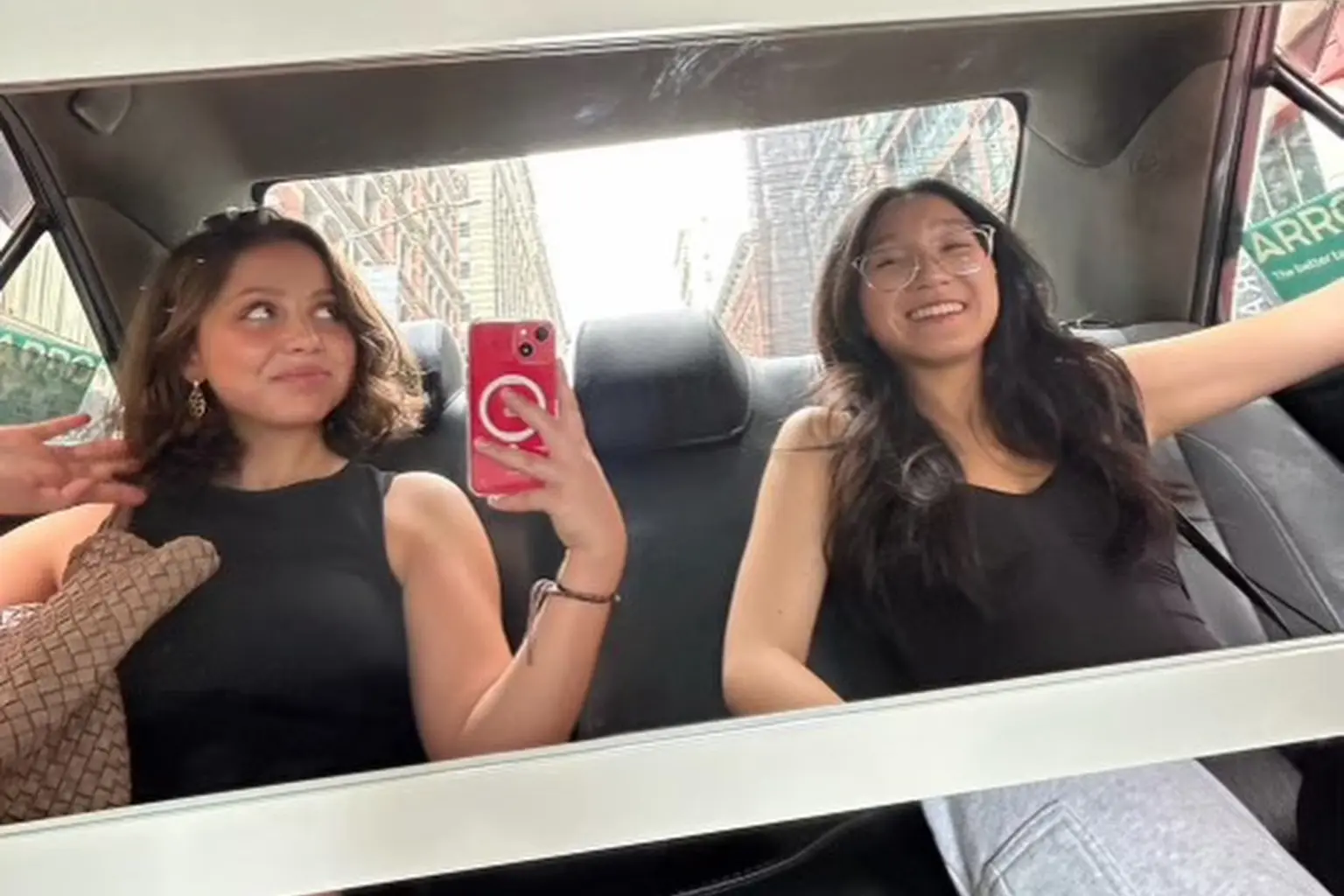Table of Contents
This New York University freshman was allegedly earning a degree in grand larceny. Kaitlyn Fung, an 18-year-old political science major, reportedly pilfered around $51,000 worth of her roommate Aurora Agapov’s luxury possessions, including items from Gucci, Chanel, and Bvlgari, and then sold them online for quick cash, according to a lawsuit filed in Manhattan Supreme Court.
A Friendship Turned Sour
Aurora Agapov, whose father Andre is a Russian mining magnate with a net worth of about $75 million and ties to a friend of Vladimir Putin, realized her belongings were missing last month as she wrapped up her freshman year. Agapov, a 19-year-old arts major originally from London, was initially unaware of the betrayal.

The Moment of Realization
Agapov’s suspicion grew when she found a receipt in Fung’s pocketbook from The Real Real, a consignment retailer, listing her missing items. The discovery was a shock, considering the two had been good friends.
“My heart dropped,” Agapov said. “We spoke pretty much every day. I’d say we didn’t really have any falling outs or anything. If anything our relationship got better towards the second semester.”
A Painful Confrontation
In May, after realizing the extent of the theft, Agapov asked Fung to spend the night elsewhere and moved her own belongings out of their dorm room at New York University Founders Hall.
“I didn’t sleep that night,” Agapov confessed. “My mother gifted me those things. They mean a lot to me.”
The Stolen Items and Their Sale
The lawsuit details how Fung grossly undervalued the stolen goods. For instance, she sold Agapov’s Bvlgari necklace, worth $13,000, for only $2,485, and a Chanel Strauss bracelet valued at $2,000 for a mere $175. Other items, such as a Solange Azagury 18K ruby ring valued at $23,765, a Celine Nanno tote worth $3,300, and a Chanel purse worth $4,000, were listed for sale but hadn’t been purchased by the time Agapov discovered the theft.
The Aftermath and Legal Battle
Agapov is now pursuing legal action against Fung. The case has highlighted the vulnerability of students in shared living spaces and the potential for serious breaches of trust.
Implications for Student Safety
This incident serves as a cautionary tale for students about the importance of securing their valuables and being vigilant about their belongings, even among friends.
The Real Real: A Closer Look
The Real Real, where Fung sold the stolen items, is a well-known consignment retailer with both an app and a physical location in Soho on Wooster Street. It’s a popular platform for selling and buying luxury goods, but it also highlights the ease with which stolen items can be fenced.
The Role of Social Media and Online Marketplaces
The rise of social media and online marketplaces has made it easier for individuals to sell stolen goods. Platforms like The Real Real offer anonymity and a broad audience, making them attractive to thieves New York University.
New York University Luxury Theft: A Growing Trend
The theft of luxury items is not uncommon, particularly in affluent communities. High-value goods such as those from Gucci, Chanel, and Bvlgari are prime targets due to their significant resale value.


Lessons Learned from the Agapov Case
- Trust but Verify: Even close friends can sometimes betray trust.
- Secure Your Valuables: Always lock up expensive items, even in a shared living space.
- Be Vigilant: Regularly check your belongings and be aware of anything missing.
- Document Everything: Keep receipts and document your possessions for insurance and legal purposes.
How New York University Can Protect Students
Universities should consider implementing more robust security measures in dormitories, such as secure lockers for valuables and educating students on the importance of safeguarding their belongings.
Read More: Bumblebee Lego Transformers Set Joins Optimus Prime
The Psychological Impact on Victims
Victims of theft often experience significant emotional distress. The betrayal by a trusted friend can lead to a loss of trust in others and a prolonged sense of vulnerability New York University.
Read More: Remembering Dickey Betts: Allman Brothers Co-Founder and Southern Rock
Legal Recourse for Theft Victims
Victims of theft have several legal avenues to pursue, including filing a police report and seeking restitution through the courts, as Agapov is doing New York University.
Conclusion
The case of Aurora Agapov and Kaitlyn Fung underscores the complexities of trust and security in shared living environments. While universities can implement measures to protect students, individuals must also take personal responsibility for securing their possessions. The rise of online marketplaces has made it easier to sell stolen goods, highlighting the need for vigilance and awareness.
FAQs
1. What can students do to protect their belongings in dorms?
Students should always lock up valuables, keep an inventory of their possessions, and be cautious about whom they trust with access to their belongings.
2. How can universities improve dorm security?
Universities can provide secure lockers, educate students about theft prevention, and install security cameras in common areas.
3. What are the signs that a friend might be stealing from you?
Signs include missing items, unexplained new possessions, and secretive behavior. Trust your instincts if something feels off.
4. How can victims of theft seek justice?
Victims can file a police report and take legal action to seek restitution. It’s important to document all stolen items and their value.
5. What is The Real Real, and how does it work?
The Real Real is a consignment retailer that allows individuals to sell luxury items online and in physical stores. Sellers list their items, which are then authenticated and sold to buyers.

